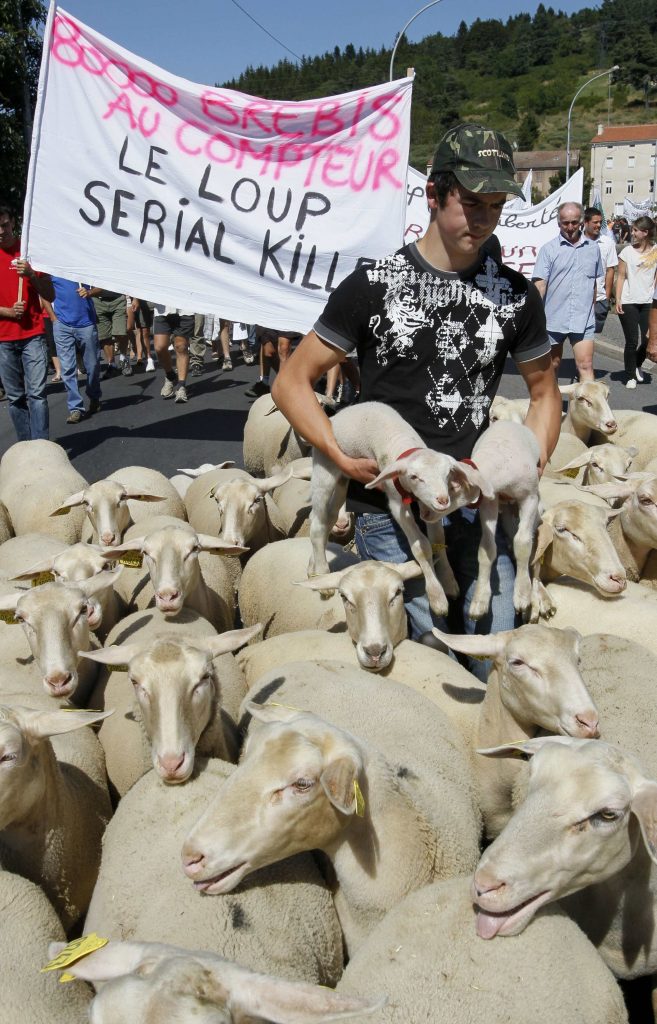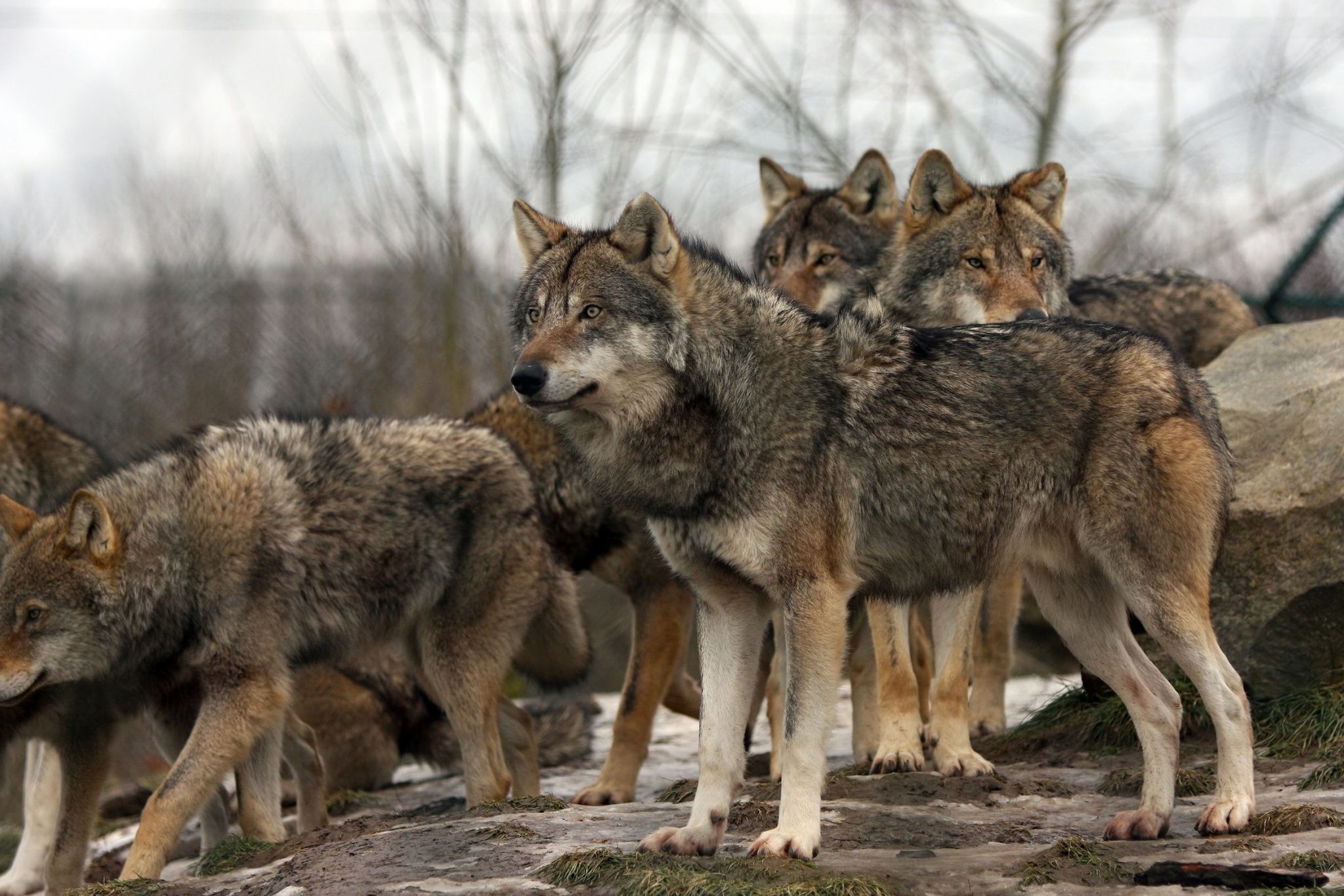On Wednesday, the European Commission made it easier to hunt growing wolf populations in an effort to protect livestock. Once celebrated as a major victory for conservation and biodiversity in the European Union (EU), the EU is now signaling a shift in its stance by downgrading the protection status of Europe’s wolves.
This move has sparked outrage among conservationists, who accuse the EU of hypocrisy and claim that it is betraying its commitment to the restoration of nature and promotion of biodiversity.
President von der Leyen’s ‘Vendetta’
In what Euronews characterizes as a ‘behind closed doors’ decision, EU diplomats agreed to vote in favor of tabling a motion to downgrade the status of wolves under the 1979 Bern Convention on the Conservation of European Wildlife and Natural Habitats.
The proposal had been put forward by the EC last December, and since then, it has left EU countries sharply divided and drawn severe criticism from EU conservation organizations.
Widespread press reports note that European Commission President Ursula von der Leyen seemed personally motivated to push through the legislation since her pony, Dolly, was tragically killed by a wolf in 2022.
Since then, she has been accused by activists of working behind the scenes to garner support for downgrading the wolf’s protection status.
View this post on Instagram
Does Europe Have a Wolf Problem?
A 2023 report by the EC reveals that, thanks to conservation efforts, wolf populations have significantly increased over the last two decades.
Wolves were almost completely extinct throughout most of Europe during the 18th and 19th centuries, but started to recover in the 1970s due to conservation efforts, and are now present in most EU Member States.
The EC estimates that today there are more than 20,000 wolves in the EU, with generally increasing populations and expanding ranges across all mainland EU Member States, with breeding packs in 23 EU Member States.
While the EC applauds the success of efforts to re-establish populations that were almost entirely decimated, it notes that conflicts between humans and livestock have increased.

French sheep herders demonstrate with their animals against the growing population of wolves in rural parts of the country and the increasing attacks on their grazing flocks, in Langogne, central France, August 23, 2013. Banner reads, “The Wolf – Serial Killer”. REUTERS/Robert Pratta (FRANCE – Tags: AGRICULTURE ANIMALS)
The Bern Convention
With the return of the wolf comes the return of conflicts with livestock and other mammals and predators.
Wolves in the EU are protected by the Bern Convention and the Habitats Directive, but the EU notes that the strict protection of wolves may be ‘derogated under certain conditions to, inter alia, prevent serious damage to livestock or in the interests of public safety.’
However, where the line will be drawn remains unclear. Some reports note that wolves can now be shot, while others mention outright culls, along the lines of population management.
Why Conservationists Are Livid
Conservationists argue, “Wolves are strictly protected under both the Bern Convention and the EU Habitats Directive, serving as a keystone species vital for healthy ecosystems and biodiversity across Europe. Weakening their protection will hinder the ongoing recovery of wolf populations and jeopardize efforts to promote coexistence between humans and large carnivores, opting instead for the short-term approach of lethal control.”
The WWF was not alone in its disappointment—over 300 environmental conservation groups protested the proposed bill. But even more, the groups were angered by the fact that politicians ‘rejected’ science in exchange for backdoor bargaining.
According to the non-profit BirdLife International, the bill “was passed unexpectedly and at the last minute when Germany [von der Leyen’s own country] changed its position on the matter.”
On the decision, Sabien Leemans, Senior Biodiversity Policy Officer at WWF European Policy Office, said: “The decision to downgrade the wolf’s protection status sends a disastrous and shameful signal from Europe, only a few weeks before the crucial Convention on Biological Diversity (CBD) COP16 meeting. How can we ask other regions to protect their biodiversity and live with species like tigers, lions, or elephants when we cannot live together with the wolf? The message coming from the EU today is truly embarrassing: we preach to the world about conservation while dismantling one of our biggest conservation successes in decades.”




